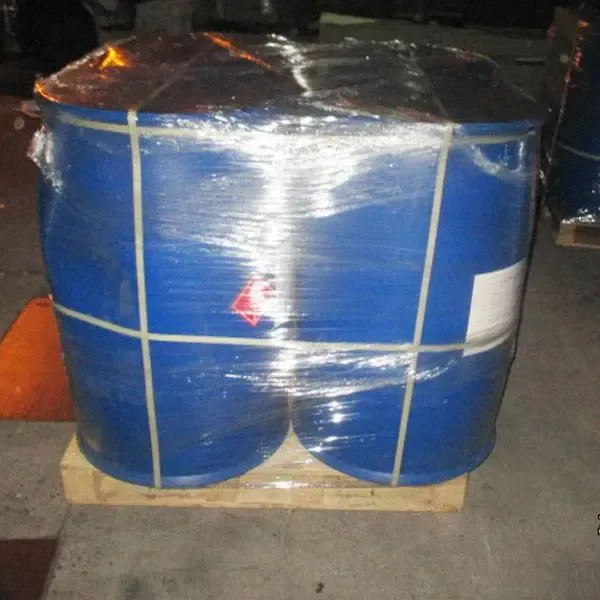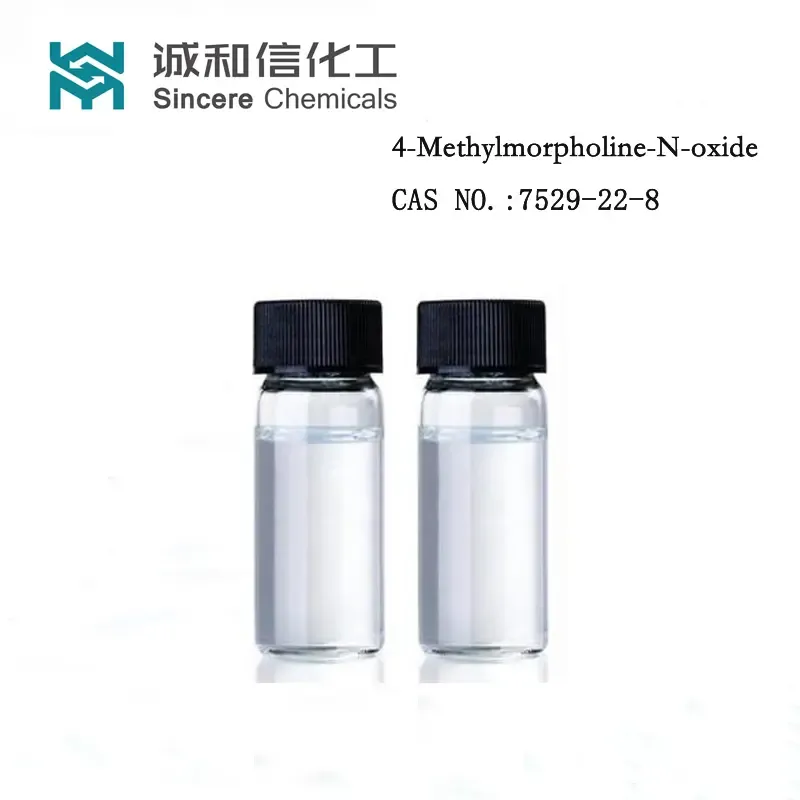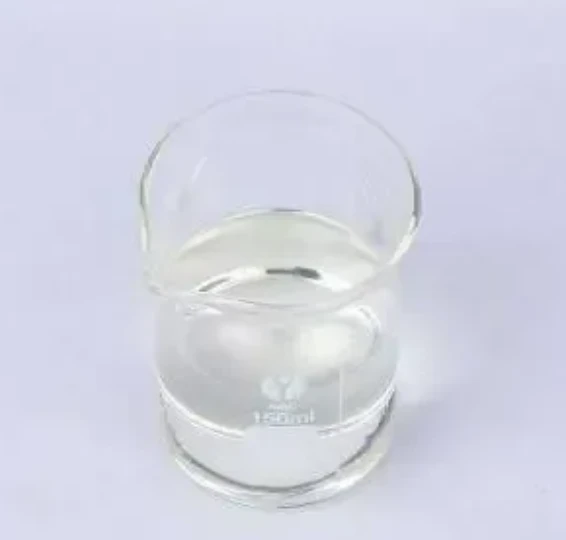1,2-Diaminobenzene CAS:95-54-5


Potassium iodide's role in radiation protection underscores its inclusion in emergency preparedness kits. Governments and health organizations endorse its use during nuclear emergencies, a recommendation grounded in its efficacy and proven historical use. However, it’s critical for individuals to understand that KI does not protect from external radiation or radioactive elements other than iodine. Its use should be part of a broader emergency response plan, incorporating other protective measures and guidance from authorities. The science behind iodine and potassium iodide's benefits showcases the intricate balance needed in micronutrient intake. Leading health experts emphasize the importance of consuming recommended daily amounts, tailored to age, gender, and specific health conditions. Moreover, scientific consensus in medical literature enriches our understanding of how these compounds operate at a molecular level, providing a basis for developing medical and health guidelines globally. Trust in iodine and potassium iodide grows from their documented use and the depth of scientific research backing them. Studies published in peer-reviewed journals continue to affirm their safety and efficacy, provided they are used correctly. Informed use, characterized by expert guidance and adherence to recommended doses, ensures their benefits are maximized while minimizing potential risks. In conclusion, iodine and potassium iodide represent fundamental components in maintaining thyroid health and providing protection in specific emergency contexts. Their responsible use, supported by a wealth of scientific research and guided by expert recommendations, reinforces their position within both health and safety regimens. Whether integrating them into daily health routines or preparing for unlikely yet critical scenarios, understanding these compounds' roles emphasizes their value and ensures their optimal use in fostering long-term health and safety.
Post time: 2 月 . 13, 2025 04:46
Prev:
Next:


















